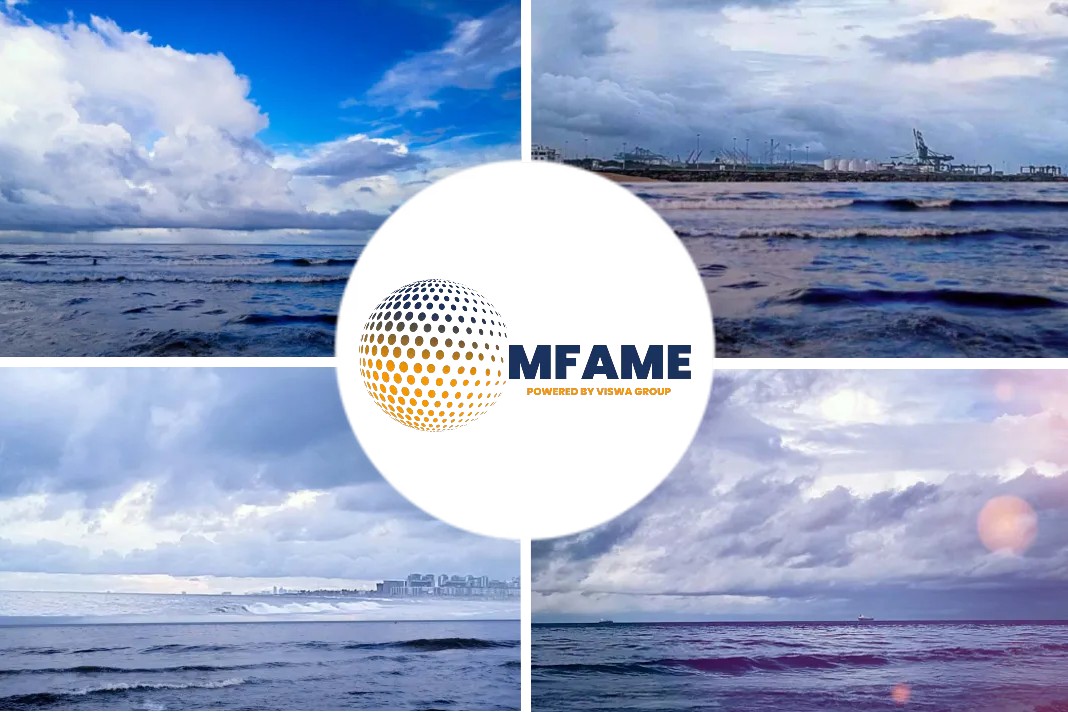- A Lloyd’s List webinar sponsored by Hyde Marine examined how ready the industry is to comply with the Ballast Water Management Convention.
- DNV GL, Carnival, V.Ships and BEMA participated in a lively debate.
The shipping industry has raised concern over the introduction of the new Ballast Water Management Convention regulation, reports Llyod’s List.
Quality of BWTS
One of the main complaints is that the quality of the available ballast water treatment systems has been below par.
Although those producing and assessing the technology are confident that the systems market is ready, the significance of training and proper selection of systems can still be underappreciated.
Hyde Marine, Senior Market Manager Mark Riggio said, “Today around 30 to 40 manufacturers in the world are delivering at least decent product in the market.”
Quality improved over years
DNV GL maritime senior engineer for environmental protection, Liliana Castro agreed that the quality of the systems has improved considerably over the years, as has testing and knowledge of the systems.
Mr Riggio said that manufacturer themselves had learned by observing how shipowners behave, and crews operate systems and as well as from the consequences of some of their actions to improve their systems
“The question to me is whether the shipping side is ready for the workload that is associated with the installation, procurement and eventually the operation of these systems on those ships,” he said.
Adaptations of land-based systems
Ballast Equipment Manufacturers Association Secretary-General, Marcie Merksamer noted that while the sector has come across systems lacking technical capability for longevity, many of the systems are adaptations of advanced technology used in land-based applications.
“What I think we have to think about to set that there was a period of adaption of the technology to the shipboard environment,” she said, explaining that a lot of things emerge during that period.
But the question of quality cannot be limited to self and aspects like installation and selection, are crucial according to Ms Merksamer.
System selection is a priority
Selection of systems is particularly crucial and is a highly subjective matter that depends on the vessel type and trade.
Carnival Cruise Line has so far installed BWTS on eight of its vessels, all of them UV filtration.
The company’s Senior Director for technical programs, Ross Kanzleiter said that on cruise ships there is a premium on space given how many pieces of equipment there are on board.
“The footprint is a major factor [in choosing a system] and the flexibility within that footprint of locating parts in different locations,” he said.
USCG-type approved system
With the US Coast Guard having a separate approval regime to the IMO, USCG-type approval is considered a golden ticket for manufacturers.
Mr Riggio warned, however, that simply installing a USCG-type approved system on a vessel may not be the most beneficial move for those shipowners who are highly unlikely to operate in US waters.
This is because these systems may have greater energy demands that can unnecessarily make operations more challenging.
While in a technical sense, USCG-type approved systems may not be suitable for all vessels, commercially they are likely to have a greater value.
V. Ships Global Head of technical, John Kerr said that a lot of their clients want to sell their vessels later on.
“By putting a system on that restricts the vessel’s trading pattern you are having an impact on the potential sale value in the future,” he explained.
Integration of system automation
But arguably, equally if not more important is the operation of the system by crews.
Mr Kerr argued that it is a critical component of the preparation that is still underestimated.
He claimed V.Ships has a comprehensive training process for its crews, starting with a more generic training course and then on to more specific regimes depending on the type of vessel and system.
Manufacturers, however, can also play a role here. “One of the things shipowners do overlook when selecting systems is how easily those systems can be integrated into any automation system that exists in those ship,” Mr Riggio said.
As vessels become increasingly complicated and difficult to manage, manufacturers must recognize that if they introduce more manual processes into seafarers’ busy day they run the risk of creating more problems, he said.
Did you subscribe to our daily newsletter?
It’s Free! Click here to Subscribe!
Source: Llyod’s List
















